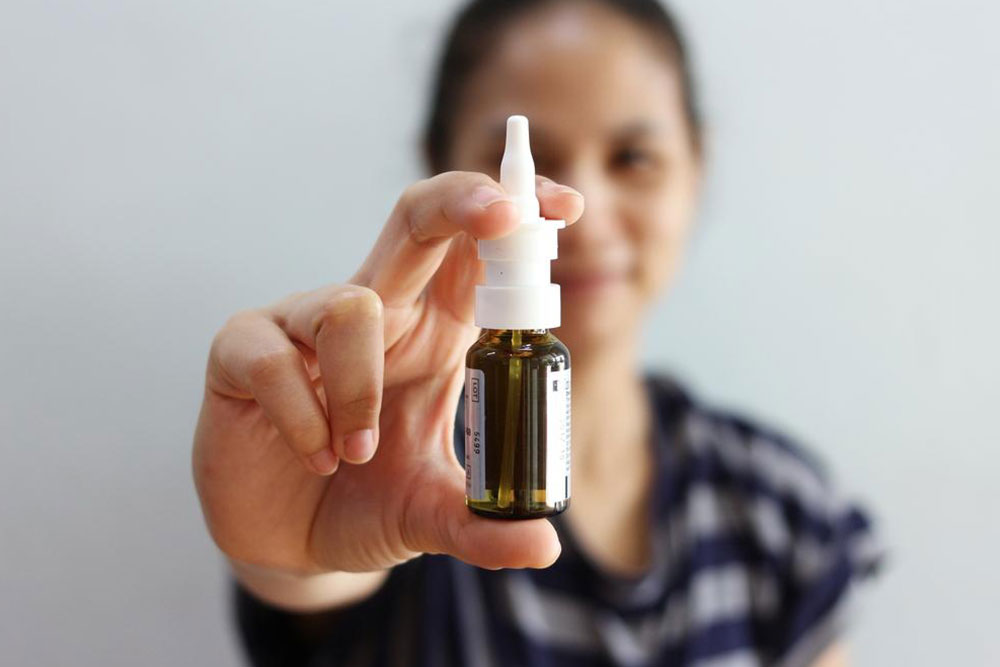Comprehensive Guide to Managing and Treating Allergies
This comprehensive guide provides essential information on allergy causes, symptoms, and modern treatment approaches including medication, immunotherapy, and emergency care strategies. Learn how to manage allergies effectively and prevent severe reactions like anaphylaxis with proper precautions and treatment techniques.
Sponsored

Allergy Management: Essential Information
Allergies happen when the immune system overreacts to harmless substances like pollen, chemicals, or environmental factors. Naturally designed to defend against bacteria and fungi, an overactive immune response releases chemicals like histamine, causing symptoms such as swelling, itching, and inflammation. In severe cases, it can lead to life-threatening reactions called anaphylaxis, requiring urgent medical care.
How are allergic reactions suppressed?
Traditional treatments include antihistamines, which block histamine from binding to cells, reducing allergy symptoms.
Side effects may include drowsiness, dry mouth, blurred vision, and constipation. Elderly individuals or those with other health issues should use caution.
Advancements have led to second-generation antihistamines that are non-drowsy and target multiple allergy symptoms effectively.
Recent treatment techniques
The focus has shifted towards preventing allergic reactions before they occur.
Identifying and avoiding allergens, especially seasonal pollens, is crucial.
Individuals with insect sting allergies should carry epinephrine auto-injectors and learn proper usage. Protective clothing is also recommended when outdoors.
Immunotherapy options
Designed to modulate the immune system, immunotherapy involves identifying triggers via skin tests. Rash or swelling indicates sensitivity.
Triggers are then injected regularly over months, gradually increasing intervals, sometimes for years, to build tolerance.
Oral sublingual tablets containing small allergen doses (SLIT) are another method, slowly introducing substances into the bloodstream to reduce sensitivity, especially for hay fever and seasonal allergies.
Understanding Anaphylaxis and its Causes
Anaphylaxis is a severe allergic reaction where chemicals are released rapidly, causing shock, breathing difficulties, swelling, and skin reactions. Immediate epinephrine injection and urgent medical care are critical.
Carrying an epinephrine auto-injector is essential for those with known severe allergies.
Additional Treatment Options
Beyond antihistamines, corticosteroids can help reduce inflammation.
Mast cell stabilizers prevent chemical release from immune cells when taken regularly.
Leukotriene inhibitors decrease substances that cause nasal congestion and allergic symptoms.






